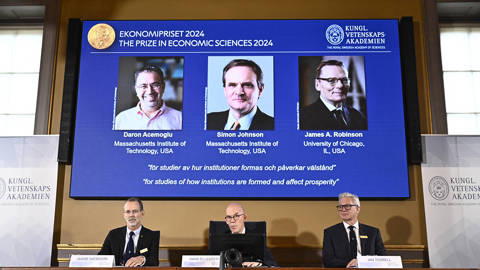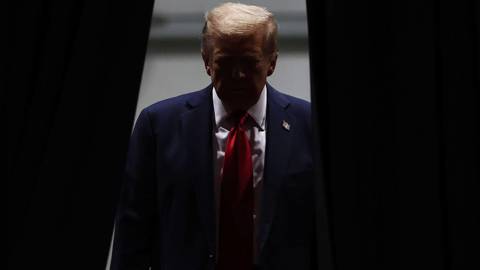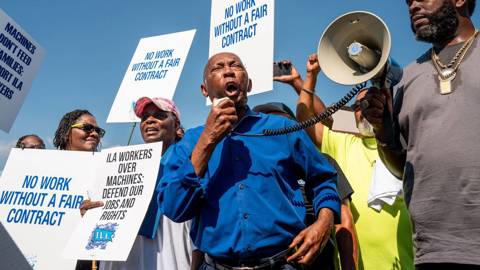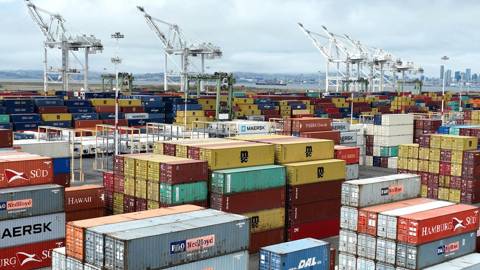
Our Contributors
-
Benjamin Nabarro is a Senior Associate in the Global Strategy and Macro Group at Citigroup, and a co-author of Migration and the Economy: Economic Realities, Social Impacts and Political Choices.
-
David Nabarro is a former special adviser to the United Nations Secretary-General on the 2030 Agenda for Sustainable Development and Climate Change.
-
Junaid Nabi, a senior fellow at the Aspen Institute, is a member of the Working Group on Regulatory Considerations for Digital Health and Innovation at the World Health Organization.
-
The founder and executive director of the Drug Policy Alliance, which promotes alternatives to the global war on drugs and author of Cops Across Borders: The Internationalization of US Criminal Law Enforcement.
-
Alireza Nader is an analyst at the RAND Corporation, a nonprofit institution that helps improve policy and decision-making through research and analysis.
-
M. Ishaq Nadiri, who participated in the talks that created Afghanistan's interim government, is Professor of Economics at NYU and an economic advisor to Hamid Karzai, Afghanistan's interim leader.
-
Steven Nadler is Professor of Philosophy and Jewish Studies at the University of Wisconsin-Madison.
-
Fatoumata Nafo, Chair of the Board of the Foundation for Health and Environment in Mali, is a former executive director of the Roll Back Malaria Partnership and a former regional director of Africa at the International Federation of Red Cross and Red Crescent Societies.
-
Professor of Law and Philosophy at NYU.
-
Piroska Nagy Mohácsi is a visiting professor at the London School of Economics and Political Science.
-
Gabriel Nahimana is Economic Affairs Officer for the United Nations Economic Commission for Africa.
-
Fron Nahzi, Vice President for Programs at the East West Management Institute, has spearheaded conflict-resolution initiatives in the Balkans for more than 18 years.
-
Jay Naidoo is Chair of the Global Alliance for Improved Nutrition (GAIN).
-
Kumi Naidoo, Secretary General-designate of Amnesty International, is a former executive director of Greenpeace International.
-
Chandran Nair is the founder of the Global Institute For Tomorrow (GIFT) and co-founder and chair of Avantage Ventures, a social investment advisory firm based in Hong Kong. He is the author of Consumptionomics: Asia’s Role in Reshaping Capitalism and Saving the Planet.
Our Pick

Featured
-
The Beggar-Thy-Neighbor Test The Beggar-Thy-Neighbor Test
Oct 10, 2024 Dani Rodrik
-
What US Interest-Rate Cuts Mean for China What US Interest-Rate Cuts Mean for China
Oct 9, 2024 Andrew Sheng & Xiao Geng
-
Is Capitalism Really the Cause of Global Inequality? Is Capitalism Really the Cause of Global Inequality?
Oct 10, 2024 Kenneth Rogoff
-
Europe and the Polycrisis Europe and the Polycrisis
Oct 10, 2024 Thomas Buberl








